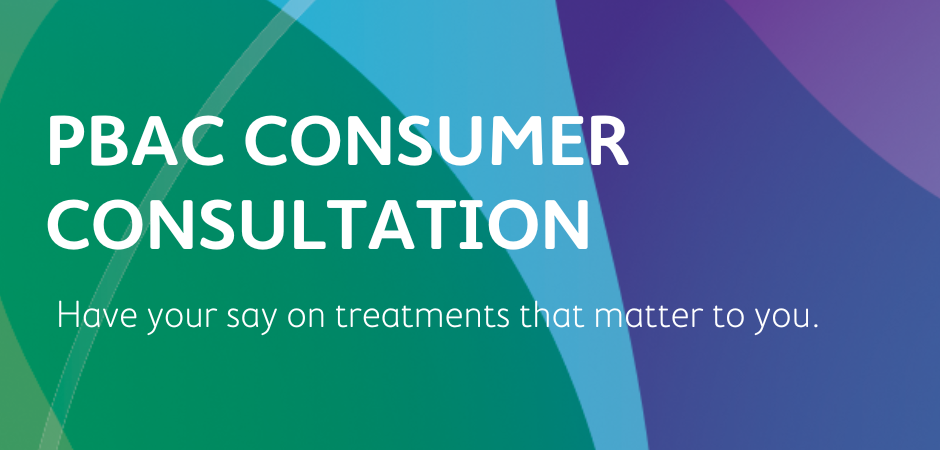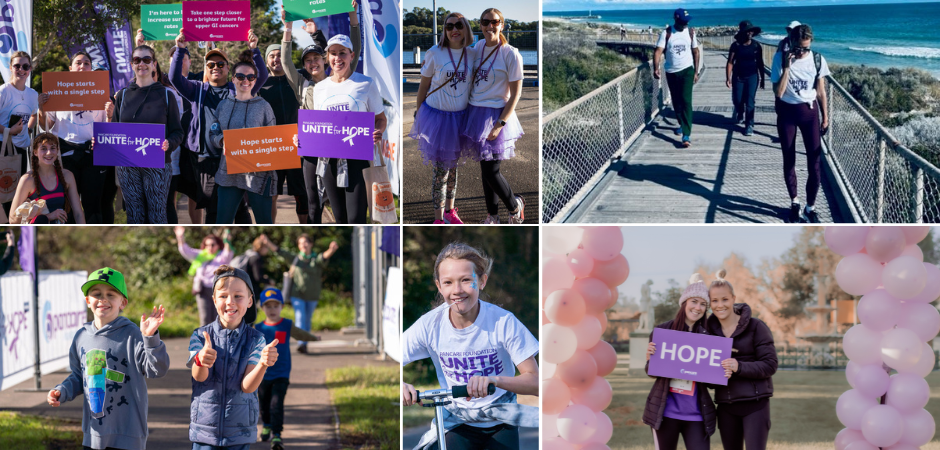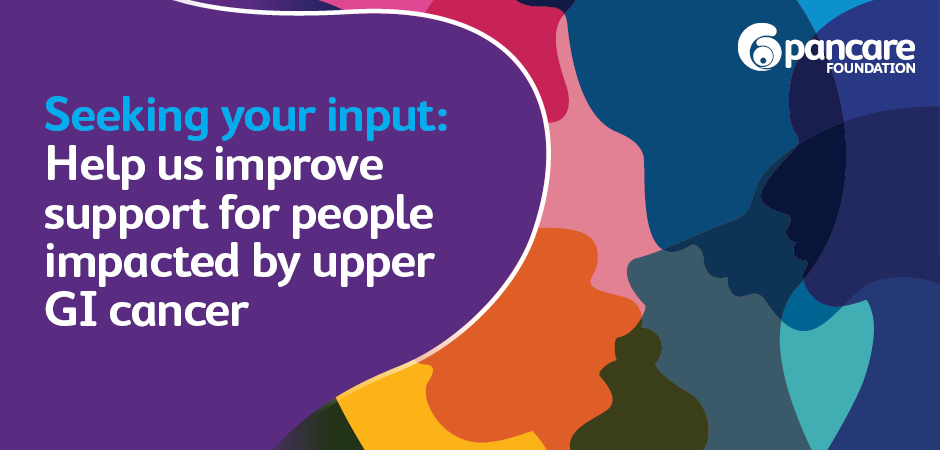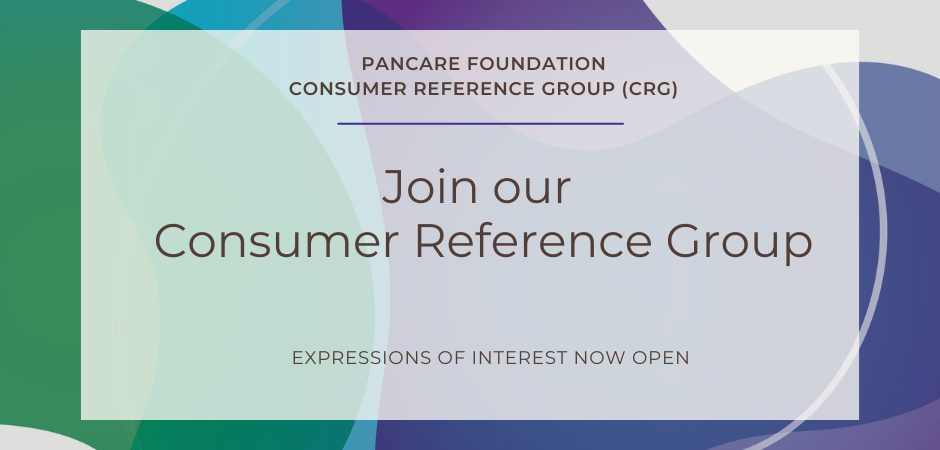How can I maximise my nutritional intake?
People living with pancreatic cancer often struggle to maintain a healthy weight. Cancer treatments, and the associated side effects, can also make it hard to take in, digest and absorb your food.
On this page:
> How can I eat a nourishing diet?
> Nutritional supplement drinks
> Do I need to see a dietitian?
A complete, nutritionally balanced diet is essential for everyone, but it is even more important if you are going through cancer treatment. A nourishing diet is one that contains enough kilojoules and protein to meet your needs. You may also hear this type of diet being referred to as a ‘high-energy, high-protein diet’.
By including foods rich in energy and protein, and by fortifying the food that you already eat, you can make every mouthful more nourishing. This is often easier than eating extra food if you have a poor appetite.
Variety will help make your meals more interesting and ensure you have a good nutritional balance. Any changes to the pancreas, including those caused by pancreatic cancer and its treatment, can result in problems with blood sugar control and/or digestion but it can be managed.
How can I eat a nourishing diet?
We understand that they will be many times when you don’t feel like eating, but it is really important that you do.
Here are some tips to help you eat a nourishing diet.
- Eat a variety of foods.
- Explore your preferred foods — try something new, even if it’s something you didn’t like before you had cancer. You may find your tastes and food preferences have changed.
- Try eating six small meals spread throughout the day instead of three large main meals.
- Eat at specified mealtimes, even if you are not really hungry. It is important not to miss meals. Take snacks with you if you are not going to be at home at a mealtime.
- Make the most of when you feel well and have an appetite, even if it’s not when you would usually eat.
- Figure out when you seem to have the best appetite and plan larger meals for those times. For example, you might find you are hungrier in the morning, so plan larger breakfasts and eat a bit less later if you are hungrier in the evening.
- Use ready-made frozen and tinned foods to reduce the need to cook. Enlist the support of family and friends. You may find you are too tired to make a meal, so keeping a supply of pre-made food on hand is important. You can also make large batches and freeze meals in small portions.
- If you feel full quickly, eat the most nourishing (high energy/protein) part of the meal first and try not to drink beforehand (leave an hour in between). If you are used to drinking with your meals, make sure you sip on nourishing fluids such as a smoothie or milkshake. Fluids take up room in your stomach, making you feel full, so it’s best to drink fluids separate from mealtimes.
Nutritional supplement drinks
Nutritional supplement drinks are high in energy and protein and may contain additional vitamins and minerals. They’re often easier to consume when you don’t feel like eating a meal. You can sip the drinks slowly or throw them back like a shot. Ideally, nutritional supplement drinks are consumed between meals for extra nutrition or a ‘top up’, but they can also be taken as a meal replacement.
Nutrition supplement drinks come either in powder form or ready-made and there are several brands on the market. A dietitian can provide advice on which supplement is best for you.
You can also make your own nutritional drink, such as a smoothie or milkshake. Use combinations of fruit, dairy products and sweeteners such as honey or maple syrup.
Do I need to see a dietitian?
Accredited Practising Dietitians (APD) are health care professionals who are trained to provide evidence-based nutrition and dietary advice. APDs understand how a healthy diet can optimise health and minimise risk. They are uniquely placed to support people with complex and individual dietary needs.
An Accredited Practising Dietitian is trained to guide your food choices. Cancer will usually affect people’s diets, but the impact is greater for people suffering from pancreatic cancer because of the pancreas’s role in digestion, absorption and blood sugar regulation.
Note that the term ‘dietitian’ is used throughout this website to refer to accredited practising dietitians. The term ‘nutritionist’ used on its own does not refer to a regulated profession in Australia. If you need to see a dietitian, ensure they are an Accredited Practicing Dietitian.
Cancer and its treatment can affect each person differently. What works well for one person may not work for another.
If you are losing weight, have any questions about what you should eat, or your symptoms continue to bother you, see a dietitian. He/she may be able to help pinpoint the problem and provide you with individually tailored dietary advice depending on your issues or preferences.
If you have been diagnosed with diabetes, it is essential that you see a dietitian. Irregular blood sugar levels can lead to very serious complications.
Merging dietary needs
If you are already on a restricted diet due to a previous medical condition, such as coeliac disease, make sure you talk to a dietitian.
If you were following a diet for nonmedical reasons before your diagnosis (e.g., if you were vegetarian or vegan), your dietitian can help you to adjust your intake to meet your needs. The key goals are to eat a nutritionally balanced diet and to maintain your weight.
Read more:
> Pancreatic enzyme supplements
Speak to our Specialist Support Team for Practical Support.
Specialist Support Team 1300 881 698

